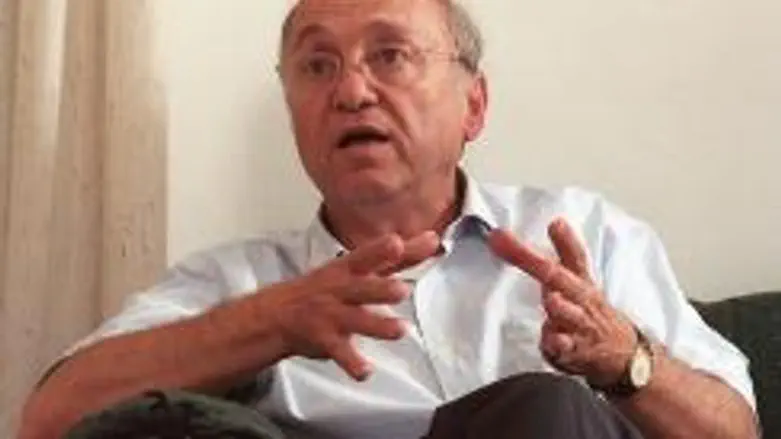
“Let us, step by step, bequeath Torah law to the citizens of Israel, and let us turn Halakhah [Jewish Law] into the State’s compulsory law,” said Justice Minister Yaakov Ne’eman on Monday at a gathering of rabbis in Jerusalem.
"This is the way – step by step," Ne'eman said. "Let us restore the crown to its place, let us restore to the State of Israel the tradition of our forefathers, the words of the earlier and later authorities in which can be found complete solutions to all the problems that face us. Let us restore the crown to its place, speedily in our days, Amen.”
The rabbinic gathering is an annual three-day event in which are discussed contemporary issues in terms of Jewish Law. The event is sponsored by the Chief Rabbi of both Kiryat Ono and the Yemenite community in Israel, Rabbi Ratzon Arusi.
Opposition Leader Tzipi Livni, a former Justice Minister herself, came out strongly against Ne’eman. “Everyone must be concerned about this,” she told Army Radio on Tuesday morning. “Israeli law is partially based on Jewish law, and justifiably so, but the idea of replacing our statutes with Torah law returns us to the days in which we heard talk of a ‘State of Halakhah.’ Also as women; it is very sad and disturbing if we want to be a part of society but are told that we must go to Torah courts.”
Interviewer Razi Barkai said, “But we knew in advance: He has a kippah (skullcap), and he is part of a right-wing government; he is just delivering the goods.”
Livni didn’t take the bait, responding that this was not the point of her objections: “Many people wear a kippah, even if only they generally leave it in their car’s glove compartment…”
Former Israel Chief Rabbi Ovadiah Yosef, the spiritual leader of the hareidi-Sephardic Shas party, delivered a blessing via video to the gathering. “Whoever goes to a secular court," the rabbi said, among other things, "raises his hand against the Torah of Moses, and must not be counted in a prayer quorum.” Edicts of this nature generally refer only to one who initiates a legal proceeding in a secular court.
